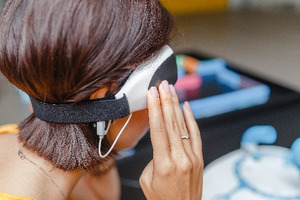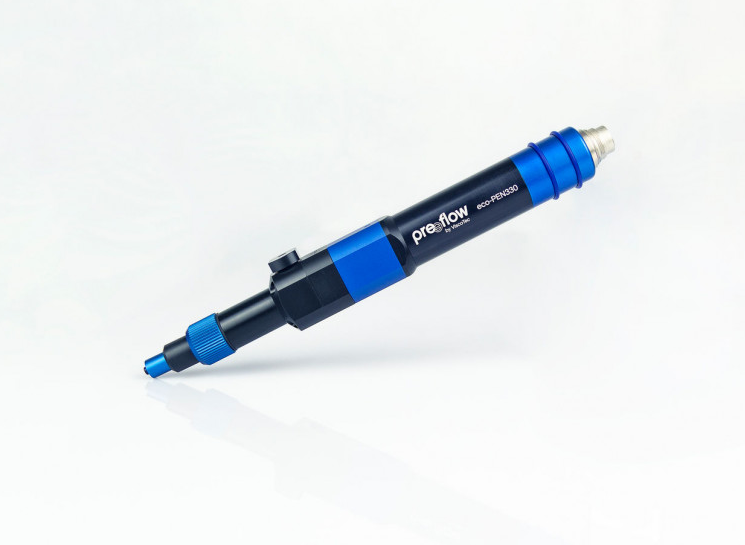Medical wearables market shows growth

Most people think of smart watches when it comes to wearables. But there is much more, says Steffen Garbe, business development Preeflow.
On the market of consumer electronics, you can find for example hearables, augmented & virtual reality glasses or smart rings. In the sports sector there are fitness trackers, sports watches, smart shoes, and smart belts. An obvious trend in fashion is smart clothing and e-textiles. But even that is only the tip of the iceberg.
One very important market for wearable devices is medical and healthcare. Here, wearables already fulfil diverse functions of medical devices. Monitoring vital functions like heartrate, oxygen level, body temperature and respiratory rate are already standard applications. State-of-the Art wearables have a great reliability, precision and are small in space. This makes a medical wearable a multifunctional tool for the medical sector.

Steffen Garbe
Especially the wear comfort, the flexible usability and the connectivity of wearables makes them superior to conventional medical devices. These technology advancements are possible through progress in sensor technology, power management and transmitter technology.
To achieve these advances, the production method must also make progress and with it the fluid management. In most production processes fluids must be applied fully automated with a high degree of repeatability. Processed fluids are for example adhesives, silicones, thermally and electrically conductive materials or greases.
Several dispensing applications for medical wearables are done with ViscoTec’s preeflow dispensers.
- Batteries are bonded inside the housing.
- In the power management thermally, conductive pastes are applied.
- Processors are coated or underfilled with an appropriate resin.
- RF-Modules are attached and bonded, also with electrically conductive materials if necessary.
- Actuators like displays are sealed and bonded.
- Sensors are sealed, encapsulated, and bonded.
- In general, Micro-Electronic-Mechanical Systems (MEMS) are bonded or encapsulated with a suitable adhesive.
The proven ViscoTec endless piston principle enables a purely volumetric and pulsation-free dispensing. Whether for low or high viscosity materials, with or without filler content. The high repeatability of more than 99% ensures an optimal solution for typical dispensing applications in the production of medical wearables.
Application example medical wearables for diabetes management
One of the high potential segments for medical wearables is diabetes management. The U.S. digital diabetes management market size has a compound annual growth rate of roughly 20%. This growth is mainly traced by continuous glucose monitoring, smart glucose meters and closed loop systems.

Frazel D’souza, senior sales engineer at ViscoTec India, is responsible for an interesting application of a closed loop system. Such a system consists of a skin patch that measures the glucose level in the blood, a device that calculates the dose of insulin and a smart insulin pump that injects the drug.
The application is to precisely dispense a defined volume of grease into a gearbox component of the electric motor of the insulin pump. The main issue of the customer was, to precisely dispense a 0.7 microlitre dot of a high viscous grease. The high requirements could be fulfilled with the preeflow eco-PEN330. The dispensing system is used by a customer in Western India and the manufacturer of the closed loop system is in the United States.
Further information can be found here.
The author is Steffen Garbe, business development at Preeflow.
Comment on this article below or via Twitter @IoTGN
